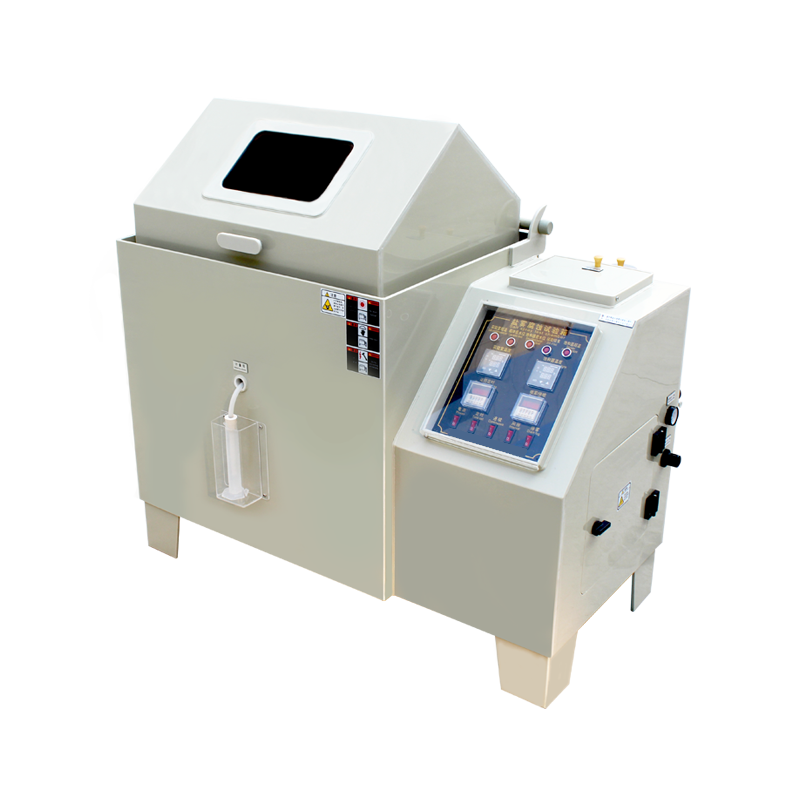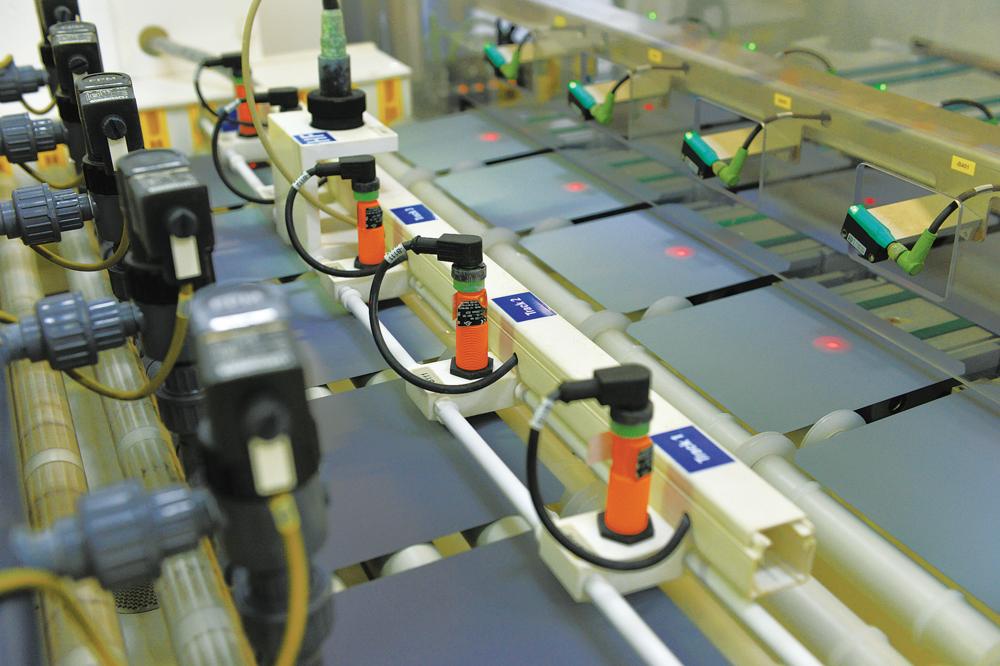A salt spray corrosion test chamber is a device designed to simulate the corrosion resistance of products in salt-laden environments. By generating a salt spray atmosphere, it replicates corrosive conditions found in marine, coastal, or industrial chemical settings, helping manufacturers and researchers evaluate the anti-corrosion and durability performance of their products.
A typical salt spray test chamber consists of a sealed testing compartment, a saline spray system, and a control system. The chamber is filled with a saltwater solution, and parameters such as temperature, humidity, and spray duration are precisely regulated. Products are placed inside the chamber and subjected to corrosion testing under controlled salt spray conditions for a specified period.

During salt spray testing, the saline mist interacts with the product's surface, simulating real-world corrosive effects. This allows manufacturers to assess the product's corrosion resistance, including the durability of surface coatings, the corrosion resistance of metal materials, and the performance of joints and seals under harsh conditions.
Through salt spray corrosion testing, manufacturers can identify potential corrosion issues and implement necessary improvements to enhance product longevity and corrosion resistance. Additionally, these tests help verify compliance with industry standards and anti-corrosion regulations.
The salt spray test chamber is a critical piece of equipment that safeguards products against corrosion damage. By conducting salt spray tests, manufacturers can ensure their products maintain excellent anti-corrosion performance even in extreme environments, thereby improving product quality and reliability.














